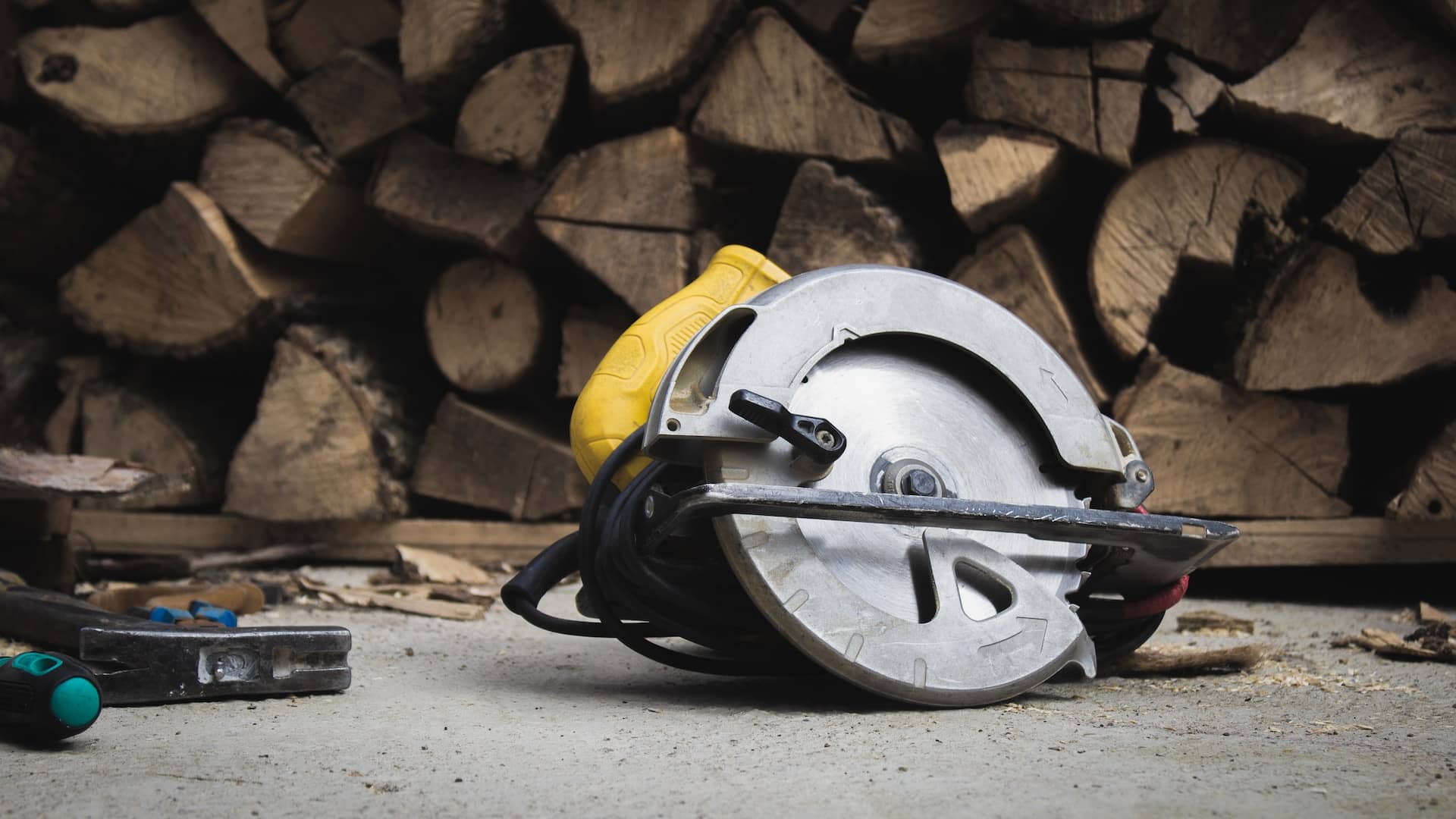In the realm of occupational safety, the term “serious injuries in the workplace” carries a weight that is impossible to ignore. Employers, employees, and safety regulators all understand the gravity of these incidents, which can leave lasting physical, emotional, and financial scars. In this article, we will delve into what is considered a serious workplace injury, explore common types of such injuries, and shed light on the importance of prevention and safety measures.
What is Considered a Serious Workplace Injury?
When we talk about serious injuries in the workplace, we are referring to incidents that go beyond minor scrapes or bruises. These are accidents that result in significant harm, often requiring immediate medical attention and potentially leading to long-term consequences for the affected individual.
Defining Seriousness
Seriousness can be gauged by several factors, including the severity of the injury, the impact on the victim’s ability to work or carry out daily activities, and the potential for permanent impairment. In the United Kingdom, the Health and Safety Executive (HSE) provides guidelines for categorising workplace injuries.
Fatal Injuries: The most tragic of all, these are incidents that result in the loss of life. Fatal injuries can occur in any industry, from construction to office environments, and are a stark reminder of the need for rigorous safety measures.
Major Injuries: Major injuries encompass a wide range of harm, including but not limited to fractures, amputations, and serious burns. These injuries often require surgery and extended periods of rehabilitation.
Over-Three-Day Injuries: This category includes injuries that lead to an employee’s absence from work for more than three days, excluding the day of the accident. While not as severe as major injuries, these incidents can still have a significant impact on the injured worker and the employer.
Reportable Injuries: In the UK, certain types of injuries are legally required to be reported to the HSE. This includes injuries such as fractures, amputations, and injuries that require hospitalisation for more than 24 hours.
Dangerous Occurrences: These are incidents that, while not resulting in injury, have the potential to cause significant harm. This category encompasses near-miss accidents and situations where serious harm was narrowly avoided.
Common Serious Injuries in the Workplace
Serious workplace injuries can take many forms, and they are not exclusive to high-risk industries. Accidents can happen in any workplace, from factories and construction sites to offices and retail stores. Let’s explore some common types of serious workplace injuries:
Falls from Heights
Falls from heights are a significant cause of serious workplace injuries. This can happen in industries like construction, where workers are often working on scaffolding or elevated surfaces. A fall from a significant height can lead to major injuries, including fractures, head trauma, and spinal injuries.
Machinery Accidents
In settings where heavy machinery is used, such as manufacturing plants and construction sites, machinery accidents can result in major injuries. These incidents can involve workers getting caught in or struck by moving equipment, leading to amputations, crush injuries, or even fatalities.
Burns and Chemical Exposures
Workplaces that deal with hazardous materials are at risk for burns and chemical exposures. This can occur in chemical plants, laboratories, or even in restaurants where hot oil is used for cooking. Burns can range from first-degree to severe third-degree burns, which can be life-threatening and require extensive medical treatment.
Electrocutions
Electrocutions are a significant risk in various industries, including construction, electrical work, and maintenance. Contact with live electrical wires or faulty equipment can result in severe electrical burns, heart arrhythmias, and even death.
Vehicle Accidents
In industries that rely on transportation, such as delivery services, trucking, and agriculture, vehicle accidents can lead to major injuries. These incidents can result from collisions between vehicles or accidents involving pedestrians or cyclists on work premises.
Slips, Trips, and Falls
Slips, trips, and falls might seem less severe, but they are a leading cause of serious injuries in the workplace. They can result in fractures, head injuries, and back problems. Uneven surfaces, wet floors, or cluttered walkways are common culprits in these accidents.
Struck-by Accidents
In construction and industrial settings, workers are at risk of being struck by heavy objects or equipment. This can happen when materials are mishandled, tools are dropped, or machinery malfunctions. Such incidents can cause head injuries, fractures, and even fatalities.
Repetitive Stress Injuries
While not as immediately dramatic as some other types of injuries, repetitive stress injuries (RSIs) are a significant concern, particularly in office environments. Conditions like carpal tunnel syndrome and chronic back pain can develop over time due to repetitive motions and poor ergonomics.
Preventing Serious Injuries in the Workplace
Preventing serious injuries in the workplace is not only a moral imperative but also a legal requirement in many countries, including the UK. Employers have a duty of care to ensure the safety and well-being of their employees. Here are some key strategies for preventing serious workplace injuries:
Risk Assessment
Employers should regularly assess workplace risks and hazards. This involves identifying potential dangers, evaluating their likelihood, and implementing measures to mitigate these risks. A thorough risk assessment can help prevent accidents before they occur.
Training and Education
Proper training and education are essential to ensuring that employees understand safety protocols and procedures. Workers should be trained on how to use equipment safely, handle hazardous materials, and respond to emergencies.
Safety Equipment
Providing appropriate safety equipment is crucial in high-risk industries. This includes personal protective equipment (PPE) such as helmets, gloves, safety goggles, and harnesses. Employers must ensure that employees wear and use these items correctly.
Regular Equipment Maintenance
Machinery and equipment should undergo regular maintenance to ensure they are in safe working condition. Faulty equipment can be a major contributor to workplace accidents.
Adequate Supervision
Supervisors and managers play a vital role in ensuring workplace safety. They should actively monitor work practices, correct unsafe behaviour, and promote a culture of safety among employees.
Reporting Systems
Establishing clear reporting systems for near misses and accidents is essential. This allows employers to investigate the causes of incidents and implement corrective measures to prevent future occurrences.
Employee Involvement
Engaging employees in safety initiatives can lead to a safer work environment. Workers often have valuable insights into potential hazards and can contribute to the development of safer work processes.
Making an Accident at Work Claim with National Claims
At National Claims, we understand the immense physical, emotional, and financial toll that serious workplace injuries can have on individuals and their families. If you or a loved one has suffered a serious injury at work, you may be entitled to compensation for your pain, suffering, medical expenses, and lost wages.
How National Claims Can Help
Expertise: Our team of experienced solicitors specialises in workplace injury claims. We have a deep understanding of the legal complexities involved in these cases.
Compassion: We know that recovering from a serious workplace injury can be a long and challenging journey. We provide compassionate support and guidance throughout the entire claims process.
Investigation: We thoroughly investigate the circumstances surrounding your injury to establish liability and build a strong case on your behalf.
No Win, No Fee: We operate on a “No Win, No Fee” basis, which means you won’t have to worry about upfront legal fees. We only get paid if your claim is successful.
Peace of Mind: With National Claims by your side, you can focus on your recovery while we handle the legal complexities of your claim.

Conclusion
Serious injuries in the workplace are a stark reality that no one can afford to ignore. From falls from heights to machinery accidents and burns, these incidents can have devastating consequences for individuals and organisations alike. However, by understanding what constitutes a serious workplace injury, recognising common types of injuries, and implementing robust safety measures, we can work towards a safer and healthier work environment for all.
The key to reducing the incidence of serious workplace injuries lies in proactive risk assessment, thorough training, and a commitment to maintaining safe working conditions. Employers and employees must collaborate to prevent accidents and ensure that everyone returns home safely at the end of the workday. Safety should never be an afterthought; it should be an integral part of every workplace culture. By taking these measures seriously, we can reduce the toll of serious workplace injuries and create a safer future for all workers.
And if you or someone you know has suffered a serious workplace injury, remember that National Claims is here to provide the support and legal expertise you need to pursue a compensation claim. Your well-being and financial security matter, and we are dedicated to helping you on your journey to recovery.
Contact us today and get a start on your claim with the help of one of our claims specialists.
Click below to see why we are one of the most trusted claims management companies in the UK.

We’re proud of our excellent customer reviews
We thrive on delivering exceptional service and ensuring our clients’ satisfaction. Don’t just take our word for it. Check out some of our independent reviews to see what our clients have to say.
Excellent

This firm is excellent, they sorted out my car pay out and injury claim very fast, they always communicate with you all the time.

My accident case was dealt with confidence and with great result of the outcome, especially James kept me informed all the time.

I was very impressed at the way my inquiry was treated. I was listened to attentively and everything I needed to know was explained to me.






